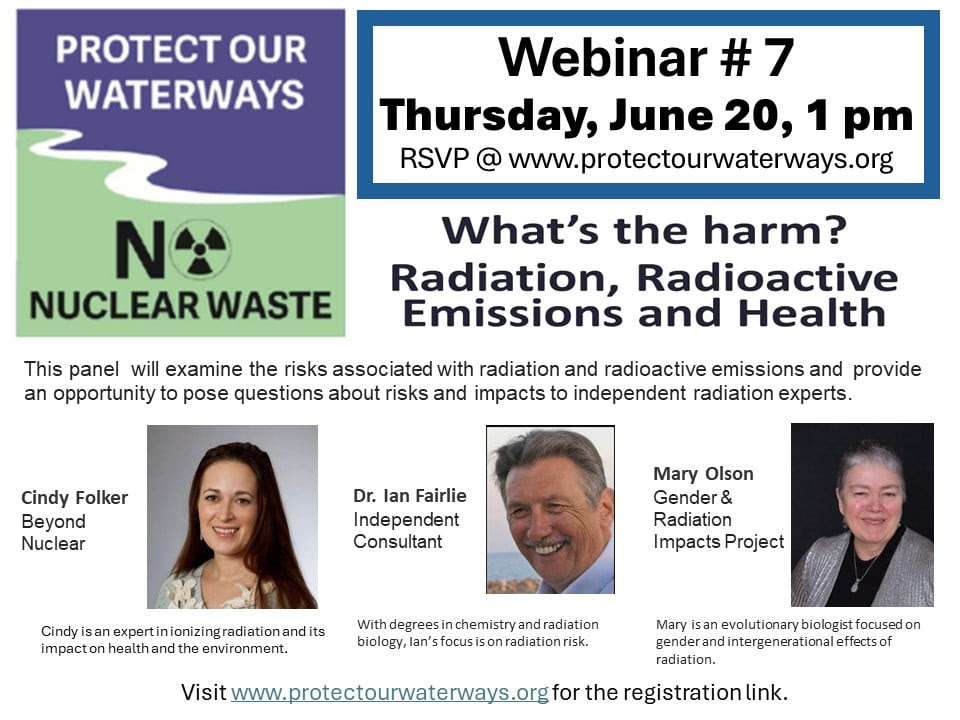Enforcement strategies against global corruption now confront Unaoil
Unaoil’s global web of corruption, however, shows that bribery is still alive and kicking. The companies that secured contracts through Unaoil bribes are based in countries that signed the OECD anti-bribery convention, including the U.S., U.K. Australia, Canada, Germany, Greece, Spain and Turkey.
The response of these nations will be the next test of international commitment to stop corruption.
Crooked political leaders embroiled in attention-grabbing stories like these don’t act alone. They are often enabled by international corporations like Unaoil, which greased government officials’ pockets across North Africa, the Middle East and Central Asia to secure lucrative contracts.
[Read More: There’s A Huge New Corporate Corruption Scandal. Here’s Why Everyone Should Care.]
This kind of international graft is what has prompted the United States in recent decades to crack down on corruption, an issue it has come to see as a significant national security problem.
Because of that 35-year American effort, joined by other Western nations, more countries are “adopting serious reforms, enforcing anti-corruption laws with real effectiveness, and government officials are feeling tremendous pressure as a result,” said Andrew Spalding, an expert in U.S. anti-corruption law at the University of Richmond School of Law.
The tough U.S. stance on bribery and corruption dates to the Watergate scandal, which brought down President Richard Nixon. Congressional investigations revealed illegal corporate contributions to the Nixon campaign, and found that U.S. companies — including Lockheed Martin, Mobil Oil and Northrup — maintained bank accounts for the purpose of bribing foreign officials to secure contracts abroad.
In response, Congress passed the Foreign Corrupt Practices Act in 1977, making the U.S. the first nation to ban companies from bribing foreign government officials.
The law was rarely enforced at first, but it nevertheless caused concern for U.S. companies. In the late 1980s, corporations pushed for Congress to repeal or weaken the law, arguing that it put them at a disadvantage with international competitors. A 1988 compromise required the president to work with the Organization of Economic Coordination and Development, an international trade organization, to press other countries to adopt anti-bribery laws.
It took nine more years for the U.S. to convince other OECD nations to enact an anti-bribery convention that aligned their laws with the U.S. In 2003, the United Nations created its own anti-bribery scheme, expanding the restrictions to countries not part of the OECD. ……….
The watershed moment for anti-bribery enforcement came in 2008, when the German engineering company Siemens pleaded guilty to paying $1.4 billion in bribes to government officials in Argentina, Israel, Nigeria, China and Russia, among other countries, to secure lucrative contracts. The company agreed to pay a record $1.6 billion to U.S. and European authorities to settle the charges.
The Siemens settlement spurred even more enforcement actions in the U.S., targeting U.S. and foreign companies. Both the DOJ and the Securities and Exchange Commission can bring FCPA charges against any company listed on U.S. stock exchanges, doing business through U.S. banks, or making transactions in U.S. dollars.
Since 2008, U.S. regulators have reached billions of dollars in settlements with major companies. Top executives have been sent to jail. Halliburton and KBR reached a $402 million settlement in 2009 for a decade-long scheme to bribe Nigerian officials for contracts. British company BAE Systems settled for $400 million in 2010 over accusations of bribing Saudi Arabian princes in exchange for defense contracts. German automaker Daimler settled following an investigation that found it was paying bribes in 22 countries……..
The BAE Systems investigation ultimately landed with U.S. authorities. In 2010, the company pleaded guilty and agreed to pay $400 million.
Blair’s attempt to protect BAE Systems highlighted a significant problem with the OECD anti-bribery convention — that only a few countries actually enforce their anti-bribery laws. Transparency International, a nongovernmental organization that monitors corruption, reported that only four of the 41 OECD nations are major enforcers of their laws, and six are moderate enforcers. Despite the BAE Systems dustup — or perhaps because of it — Britain ranks as a major enforcer. Japan remains one of biggest problem countries…….
Collecting evidence across multiple borders is time consuming and challenging, forcing investigators to navigate each country’s laws for data privacy and information sharing. As a result, a 2014 international report found that enforcement cases were taking an average of seven years to reach a conclusion.
Another problem for OECD countries is the lack of involvement of rising economies, like China and India.
U.S. focus on anti-corruption enforcement was underscored on March 16, when Attorney General Loretta Lynch spoke at the annual meeting of the OECD anti-bribery convention.
“[W]e have transitioned in less than two decades from a world in which bribery of foreign officials was considered a sound business strategy, to one in which bribery is treated like the destructive and corrosive crime that it is,” Lynch said. “That is a tremendous achievement in which we can all take pride — and it is a testament to what is possible through multinational cooperation.”
Unaoil’s global web of corruption, however, shows that bribery is still alive and kicking. The companies that secured contracts through Unaoil bribes are based in countries that signed the OECD anti-bribery convention, including the U.S., U.K. Australia, Canada, Germany, Greece, Spain and Turkey.
The response of these nations will be the next test of international commitment to stop corruption. http://www.huffingtonpost.com.au/entry/unaoil-corruption-enforcement_us_56fb04b4e4b0daf53aedee71?section=australia
No comments yet.
-
Archives
- June 2024 (168)
- May 2024 (373)
- April 2024 (366)
- March 2024 (335)
- February 2024 (345)
- January 2024 (374)
- December 2023 (333)
- November 2023 (342)
- October 2023 (366)
- September 2023 (353)
- August 2023 (356)
- July 2023 (362)
-
Categories
- 1
- 1 NUCLEAR ISSUES
- business and costs
- climate change
- culture and arts
- ENERGY
- environment
- health
- history
- indigenous issues
- Legal
- marketing of nuclear
- media
- opposition to nuclear
- PERSONAL STORIES
- politics
- politics international
- Religion and ethics
- safety
- secrets,lies and civil liberties
- spinbuster
- technology
- Uranium
- wastes
- weapons and war
- Women
- 2 WORLD
- ACTION
- AFRICA
- Atrocities
- AUSTRALIA
- Christina's notes
- Christina's themes
- culture and arts
- Fuk 2022
- Fuk 2023
- Fukushima 2017
- Fukushima 2018
- fukushima 2019
- Fukushima 2020
- Fukushima 2021
- general
- global warming
- Humour (God we need it)
- Nuclear
- RARE EARTHS
- Reference
- resources – print
- Resources -audiovicual
- World
- World Nuclear
- YouTube
-
RSS
Entries RSS
Comments RSS




Leave a comment